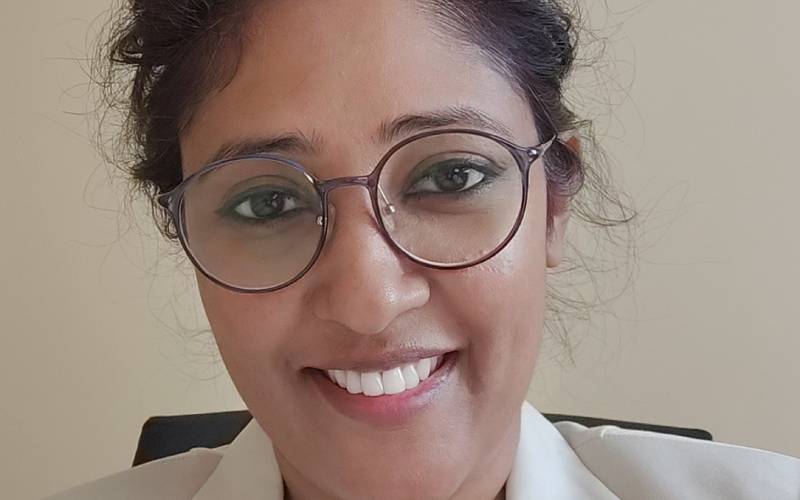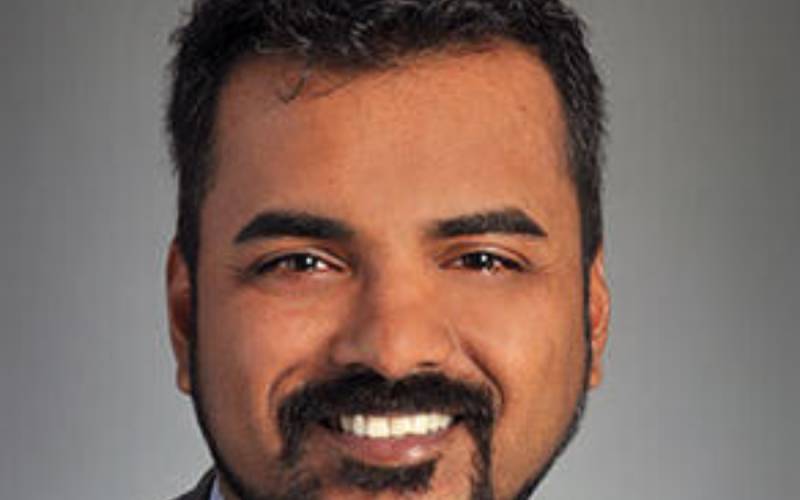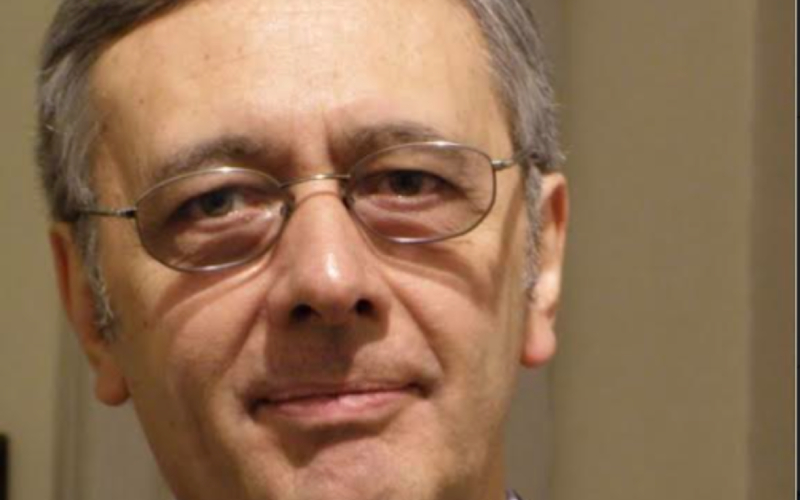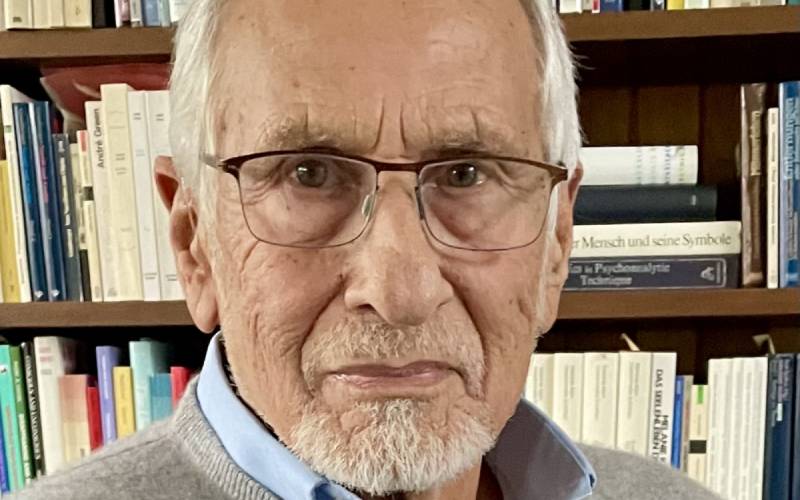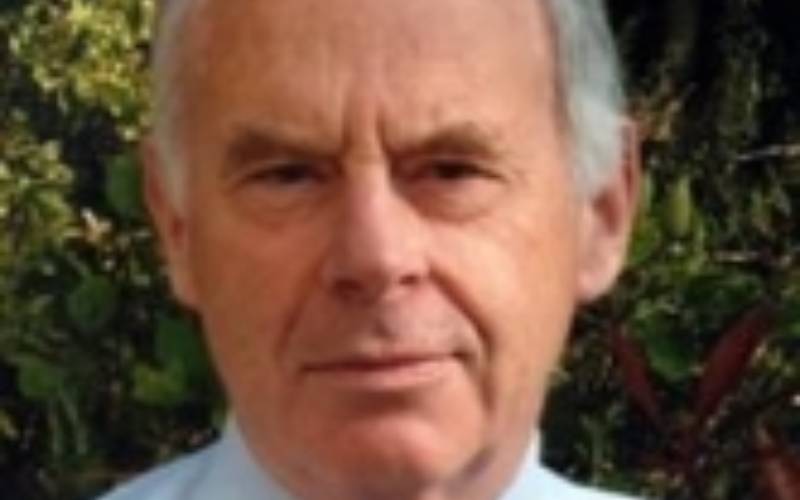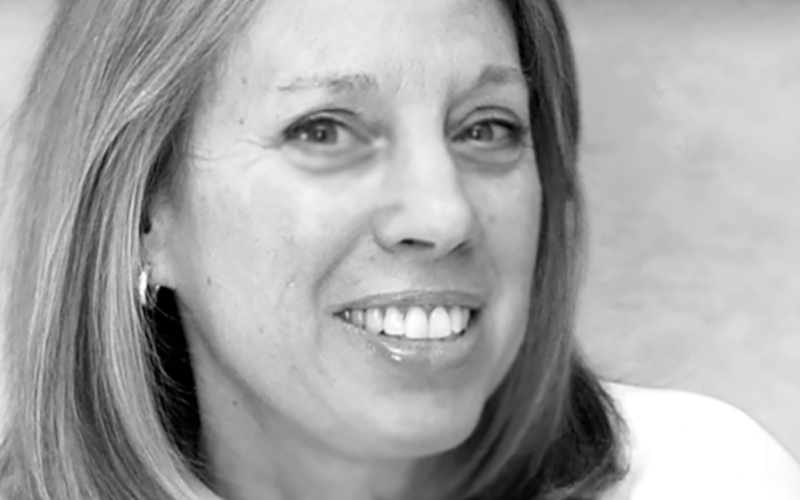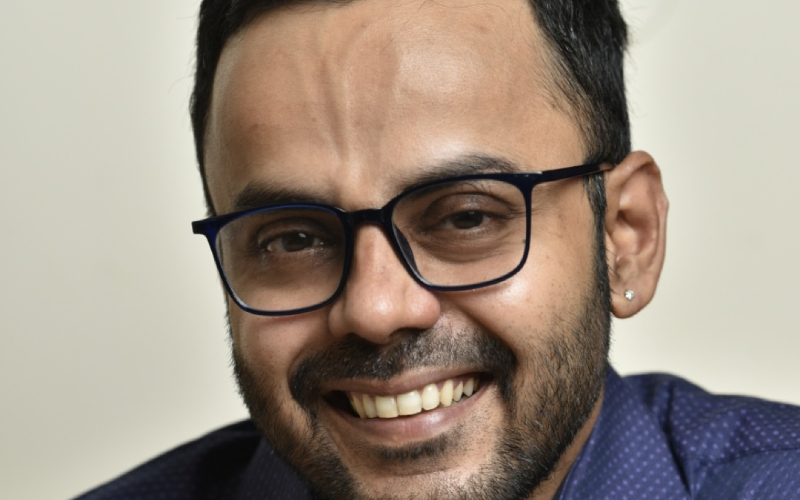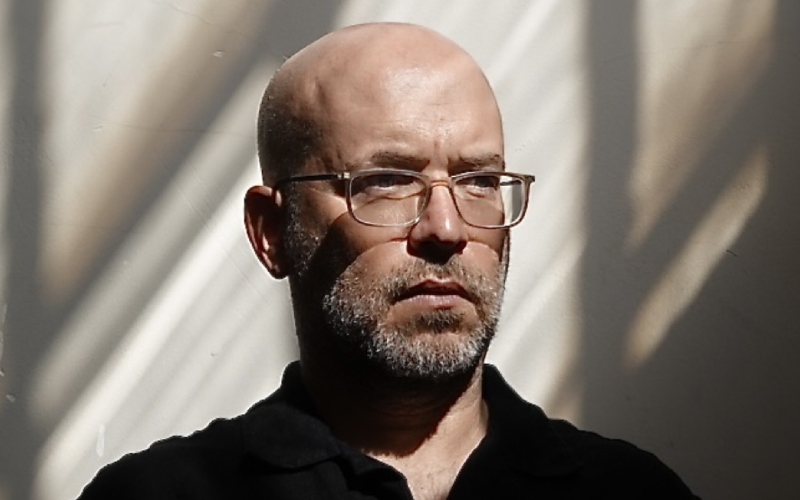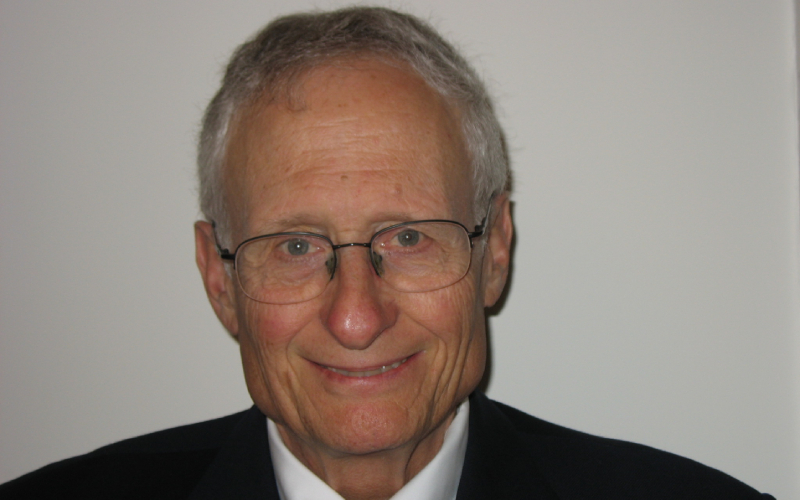Episode 182: Care of a Former Analysand with Dementia with Maxine Anderson, MD (Seattle, Washington)
“I think that my analytic awareness of denial and projection and the concreteness of psychic reality when executive function wanes, that I could help the other caretakers to understand some of what was going on – to give them a way to understand that relieves their sense of frustration and uncertainty. I think that the…
Read MorePodcast: Play in new window | Download


